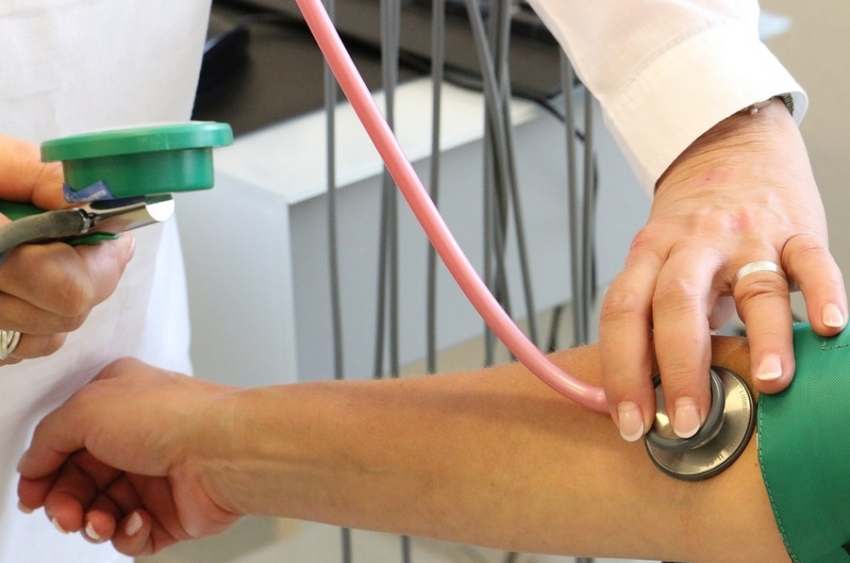A randomized clinical trial was conducted to evaluate the effect of a communication coaching intervention on cardiologist-patient communication quality. The trial, published in JAMA Intern Med on April 10, 2023, involved 40 cardiologists and 161 preintervention patients, with 240 postintervention patients.
The coaching intervention aimed to teach evidence-based communication skills to cardiologists through three 1:1 sessions, two of which included feedback on their audio-recorded encounters. The communication coaches taught five skills derived from motivational interviewing. The results showed that the intervention improved cardiologist use of empathic statements, their responses to empathic opportunities, and their elicitation of questions from patients.
The findings suggest that cardiologists can learn more effective ways to communicate with patients through 1:1 communication coaching, which can significantly affect patient comprehension, adherence, and satisfaction.
Why is this important
Previous studies have highlighted the crucial role of effective communication between healthcare providers and patients in achieving better health outcomes. Research has shown that good communication can enhance patient comprehension, adherence to treatment plans, and overall satisfaction with the care received. In the field of cardiology, where patients often deal with complex and chronic conditions, clear communication becomes even more vital.
Despite the recognized importance of communication, there has been limited research on targeted interventions to improve cardiologist-patient communication specifically. Prior studies have primarily focused on communication training for healthcare providers in general or in other specialties, such as oncology or primary care. Consequently, the development and assessment of a coaching intervention tailored to the unique needs of cardiologists and their patients is of significant value.
The current study addresses this gap by evaluating a personalized communication coaching intervention specifically designed for cardiologists. The positive results of the intervention suggest that such coaching can be an effective method to enhance cardiologist-patient communication, ultimately leading to improved patient outcomes and satisfaction. By providing evidence for the effectiveness of a tailored communication coaching intervention in cardiology, this study emphasizes the need for further research and implementation of similar interventions in other medical specialties to optimize patient care.
Conclusion
In conclusion, the results of this randomized clinical trial demonstrate the positive impact of a communication coaching intervention on two essential aspects of cardiologist-patient communication: expressing empathy and encouraging patients to ask questions. Empathic communication, often considered a more advanced skill, has been shown in previous studies to enhance patients’ experiences and comprehension of medical information. This intervention could play a crucial role in improving the overall quality of care provided by cardiologists.
Further research is needed to explore the effects of communication coaching on patients’ perceptions of care and clinical outcomes. Such studies could help identify the most effective methods for assessing the impact of these interventions and tailor them to better suit patients’ needs. Moreover, evaluating the intervention’s effectiveness in larger and more diverse samples of cardiologists will provide a more comprehensive understanding of its potential benefits.
By understanding the value of targeted communication coaching interventions for cardiologists, healthcare providers can prioritize efforts to enhance patient-provider communication. This can lead to improved patient satisfaction, better adherence to treatment plans, and ultimately, better health outcomes for patients with cardiovascular conditions. The findings of this study emphasize the importance of effective communication in cardiology and pave the way for further research and implementation of communication coaching interventions across various medical specialties.
The trial was a two-arm randomized clinical trial conducted at outpatient cardiology clinics in an academic medical center and affiliated community clinics. The study recruited 40 cardiologists and involved 161 preintervention patients and 240 postintervention patients. Half of the cardiologists were randomized to receive a coaching intervention consisting of three 1:1 sessions, two of which included feedback on their audio-recorded encounters. The communication coaches taught five skills derived from motivational interviewing. Coders, who were unaware of the study arm, coded these behaviors in the preintervention and postintervention audio-recorded encounters (objective communication). Patients completed a survey after the visit to report perceptions of communication quality (subjective communication). The trial was registered under ClinicalTrials.gov Identifier: NCT03464110.
Some of the authors have been involved in a range of studies in various fields. For instance, Kathryn I. Pollak, PhD, has contributed to research focusing on communication in healthcare settings and smoking cessation. Kimberly S. Johnson, MD, MHS, has worked on research related to palliative care, racial and ethnic disparities in healthcare, and improving care for patients with serious illness.
Bibliography
“Effect of a Coaching Intervention to Improve Cardiologist Communication: A Randomized Clinical Trial“, JAMA Internal Medicine. Published online April 10, Pollak, K. I., Olsen, M. K., Yang, H., Prose, N., Jackson, L. R. II, Pinheiro, S. O., Dunbar, T. K., & Johnson, K. S. (2023). 2023. doi:10.1001/jamainternmed.2023.0629
Previous Research on the Subject
- Street, R. L., Makoul, G., Arora, N. K., & Epstein, R. M. (2009). How does communication heal? Pathways linking clinician-patient communication to health outcomes. Patient Education and Counseling, 74(3), 295-301. doi:10.1016/j.pec.2008.11.015
- Zolnierek, K. B. H., & Dimatteo, M. R. (2009). Physician communication and patient adherence to treatment: a meta-analysis. Medical Care, 47(8), 826-834. doi:10.1097/MLR.0b013e31819a5acc
- Fallowfield, L., & Jenkins, V. (1999). Effective communication skills are the key to good cancer care. European Journal of Cancer, 35(11), 1592-1597. doi:10.1016/S0959-8049(99)00212-9

